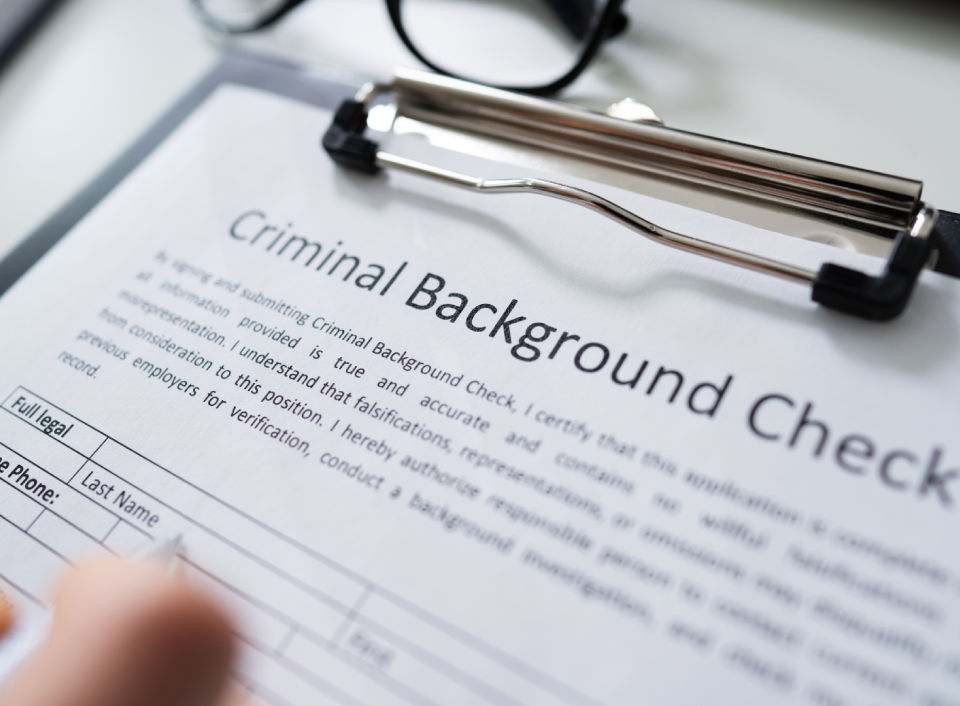When and why would you need a Police Clearance Certificate in South Africa?
What is a Police Clearance Certificate (PCC)?
Definition and purpose
A Police Clearance Certificate (PCC) is an official document issued by law enforcement agencies to certify whether an individual has any criminal records, pending charges, or convictions.
Its primary purpose is to provide assurance regarding a person’s criminal background or lack thereof, enabling employers, immigration authorities, and other entities to make informed decisions about the individual’s suitability for various purposes such as employment, residency, or travel.
Legal significance in South Africa
In South Africa, a Police Clearance Certificate holds significant legal importance. It is often required for employment purposes, especially in sectors where trust and integrity are paramount, such as childcare, finance, and security. Additionally, immigration authorities mandate the submission of PCCs as part of visa and residency applications to verify an applicant’s criminal history and assess their eligibility for entry into the country.
Issuing authorities and processes
Police Clearance Certificates in South Africa are typically issued by the South African Police Service (SAPS). The process involves the applicant submitting their fingerprints and relevant personal information to the SAPS, who then conducts a thorough background check to ascertain whether the individual has any criminal records.
Once the verification process is complete, the SAPS issues the PCC, which includes details such as the individual’s name, date of birth, and any criminal history found during the background check.
When is a Police Clearance Certificate Required?
Employment purposes
1. Background checks for job applicants
Many employers require prospective employees to provide a Police Clearance Certificate as part of the hiring process. This ensures that the employer is aware of any criminal history that may impact the individual’s suitability for the position.
2. Foreign employment and work visas
Individuals seeking employment opportunities abroad often need to submit a Police Clearance Certificate as part of their visa application process. This requirement helps foreign employers assess the character and suitability of prospective employees.
Immigration and residency applications
1. Permanent residency applications
Individuals applying for permanent residency in South Africa or other countries may be required to provide a Police Clearance Certificate to demonstrate their good character and suitability for residency.
2. Citizenship applications
As part of the citizenship application process, individuals may need to submit a Police Clearance Certificate to verify their criminal history and eligibility for citizenship.
International travel and visas
1. Visa applications for specific countries
Some countries require travelers to provide a Police Clearance Certificate as part of their visa application process. This is especially common for long-term visas or visas for certain types of employment.
2. Student visas and educational purposes
Individuals applying for student visas to study abroad may need to provide a Police Clearance Certificate to demonstrate their eligibility and good character to the educational institution and immigration authorities.
Why Do You Need a Police Clearance Certificate?
Ensuring safety and security
1. Employers’ duty to provide a safe workplace
Employers have a responsibility to ensure the safety and security of their employees and customers. By requiring a Police Clearance Certificate as part of the hiring process, employers can mitigate potential risks associated with hiring individuals with a history of criminal behavior.
2. Immigration authorities’ concerns for national security
Immigration authorities prioritize national security and may require individuals seeking entry or residency in a country to provide a Police Clearance Certificate. This helps authorities assess potential security threats and make informed decisions regarding immigration applications.
Meeting legal requirements
1. Compliance with immigration laws and regulations
PPCs are often mandated by immigration laws and regulations to verify an individual’s criminal history and assess their eligibility for entry or residency in a country. Failure to provide a PCC may result in the rejection of immigration applications.
2. Verification of criminal history for various purposes
In many legal and administrative proceedings, such as adoption processes or court appearances, individuals may be required to provide a Police Clearance Certificate to verify their criminal history or lack thereof.
Building trust and credibility
Providing a Police Clearance Certificate can demonstrate to employers, immigration authorities, and other stakeholders that an individual has a clean criminal record and possesses good character and integrity. This can enhance trust and credibility in various personal and professional contexts.
How to Obtain a Police Clearance Certificate in South Africa?
Application process overview
1. Online application vs. in-person submission
Applicants have the option to apply for a Police Clearance Certificate online through designated platforms or in-person at specified Document Facilitation Service Providers. Online applications often offer convenience and faster processing times, while in-person submission may be necessary in certain cases.
2. Required documents and information
Applicants typically need to provide their fingerprints, personal identification documents such as a valid ID or passport, and relevant background information such as previous addresses and employment history.
Processing time and fees
1. Standard processing vs. expedited options
The processing time for a Police Clearance Certificate may vary depending on factors such as the volume of applications and the chosen method of application. Some authorities offer expedited processing options for an additional fee, which can expedite the issuance of the certificate.
2. Fee structures and payment methods
Applicants are usually required to pay a fee for processing their Police Clearance Certificate application. Fee structures may vary depending on the issuing authority and the chosen method of application. Payment methods typically include online payments, bank transfers, or cash payments at designated locations.
Tips for a smooth application process
1. Ensuring accuracy and completeness of information
It is crucial to provide accurate and complete information during the application process to avoid delays or rejections. Double-check all information provided, including personal details and addresses.
2. Following up on application status
Applicants should keep track of their application status and follow up with the relevant authorities if there are any delays or issues. This can help ensure a smoother application process and timely issuance of the PCC.
Conclusion
Police Clearance Certificates play a crucial role in various aspects of life, including employment, immigration, and travel. They serve as a means of verifying an individual’s criminal history or lack thereof, contributing to safety, security, and trust in society.
Compliance with the requirement for Police Clearance Certificates is not only a legal obligation but also a demonstration of transparency and accountability. By willingly providing PCCs, individuals contribute to a safer and more trustworthy society.
It is essential to recognize the importance of maintaining accurate and up-to-date records and adhering to the application processes to uphold the integrity of Police Clearance Certificates and the institutions that rely on them.





